

Îïèñàòåëüíûå è òåîðåòè÷åñêèå èññëåäîâàíèÿ |
|
| Daria Yu. Vashchenko. Slovak temporal adverbs coskoro, onedlho, o chvilu: to the case of quasi-synonymy | |
|
The article uses the material of the Slovak national corpus to examine the lexical meaning of the Slovak adverbs coskoro, onedlho, o chvilu. Their semantics presupposes a rapid onset of the situation in relation to the moment of speech or to the moment in the text. In the dictionaries of the Slovak language, these lexemes are usually not differentiated, which raises the question of their synonymy or quasi-synonymy. In the first part of the article, collocations of these adverbs are analyzed in the light of the logDice Association measure. In the second part, cases of mutual compatibility of lexemes are considered pairwise. It is shown that coskoro tends to cooccur with mental verbs and verbs with the semantics of termination and disappearance, onedlho — with verbs with the meaning of achieving a goal, passing of time, or waiting, while o chvilu is characterized by collocations with perceptual verbs. When adverbs cooccur in the same stretch of text, the situation indicated by onedlho usually follows the situation with coskoro, and is most often related to it causally. O chvilu more often denotes completed or predetermined situations, excluding the possibility of doubt. Thus, coskoro is more focused on the interpretation of the situation by the speaker, onedlho — on the situation in its course, and o chvilu — on the direct perception of the situation by the speaker with the ability to control the situation. |
|
| Polina O. Kisel.On the issue of the «dummy object» in verb-object separable words liheci in modern Chinese | |
|
The article presents the results of the analysis of the combinatorial properties of verb-object separable compounds (liheci) in modern Chinese. A hypothesis about different levels of formal and semantic unity of the compounds was tested and the compounds were classified according to their semantics. Further, the combinatorial properties of verb-object separable compounds with “dummy object” are discussed taking into account the formal criterion of insertion of different elements before the nominal component of liheci. Two types of “dummy object” and, consequently, two subtypes of liheci with “dummy objects” are distinguished. The first subtype includes liheci in which the nominal component semantically duplicates the meaning of the verbal component. The second subtype is represented by liheci in which the nominal component is a generic object. |
|
| Sergey S. Say. Semanticization of accentual variants in Russian nouns of the third declension: beyond the «second locative» case | |
|
Some Russian nouns of the third declension have a specialized “second locative” form with the stressed desinence è. By contrast, the otherwise homophonous genitive, dative and “plain” locative forms of these nouns are believed to have stress on the stem, cf. genitive, dative and “plain” locative òå?íè, vs. second locative (â)òåíè? ‘(in) the shade’. However, the data from the poetic texts available in the Russian National Corpus indicate that some of the relevant nouns display accentual variation in their genitive and dative forms. This variation statistically reflects semantic contrasts: in particular, nouns denoting substances (ãðÿçü ‘dirt’, ïûëü ‘dust’, êðîâü ‘blood’) tend to have stress on the desinence è in contexts denoting fixed attachment or immersion in the substance. Semanticization of these accentual constrasts is arguably triggered by analogy with the locative forms. These findings indicate a nascent feature of +/- attachment, which cross-cuts case paradigms of at least some Russian nouns. |
|
Reviews |
|
| Maria A. Egorova. On the social functions of the variants of the Serbo-Croatian language. | |
|
The issue of the status of languages that emerged on the basis of the Serbo-Croatian language after the collapse of Yugoslavia remains relevant until now. The standard Serbo-Croatian language arose in the 19th century as a common language of Serbs, Croats, Bosnians and Montenegrins and existed in two main variants, “western” and “eastern”, from the very outset. These variants were close enough to maintain free communication, and at the same time, each variant had symbolic significance as a marker of the corresponding ethnic group. This article provides an outline of the history of the Serbo-Croatian language from its origin to the collapse of Yugoslavia in the light of two social functions of the language, communicative (language as a means of exchanging information) and symbolic (language as a symbol of national identity). |
|
| Yakov G. Testelets. Review on: Alpatov V. M. Slovo i casti reci (Word and Parts of Speech). M.: JaSK. 2018. 256 pp. | |
|
Vladimir M. Alpatov’s new monograph addresses typological and theoretical issues related to the basic morphological units — word and parts of speech. It elaborates on his previous work on morphological theory, typology, and historiography of linguistic traditions. The monograph consists of an introduction and three chapters. The first two chapters, “The Problem of Word” and “The Problem of Parts of Speech” address the differences in theoretical approaches, evidence from independent linguistic traditions with particular reference to the Japanese indigenous linguistics, and data from psycholinguistic research. In the third chapter, “Anthropocentric and systemocentric approaches to language”, the author claims that the morphological logocentric and non-logocentric approaches are instances of the two more general approaches to language, respectively. In spite of some criticism, the reviewer concludes that the monograph makes much progress in understanding the structure and typology of the morphological elements, and similarities and difference among national linguistic traditions and grammatical theories. |
|
Editorial contacts:
Miusskaya sq. 6, building 2, Moscow, 125993, Russia,
Institute of Linguistics, RSUH
Mail to:
msk.ling.j@gmail.com